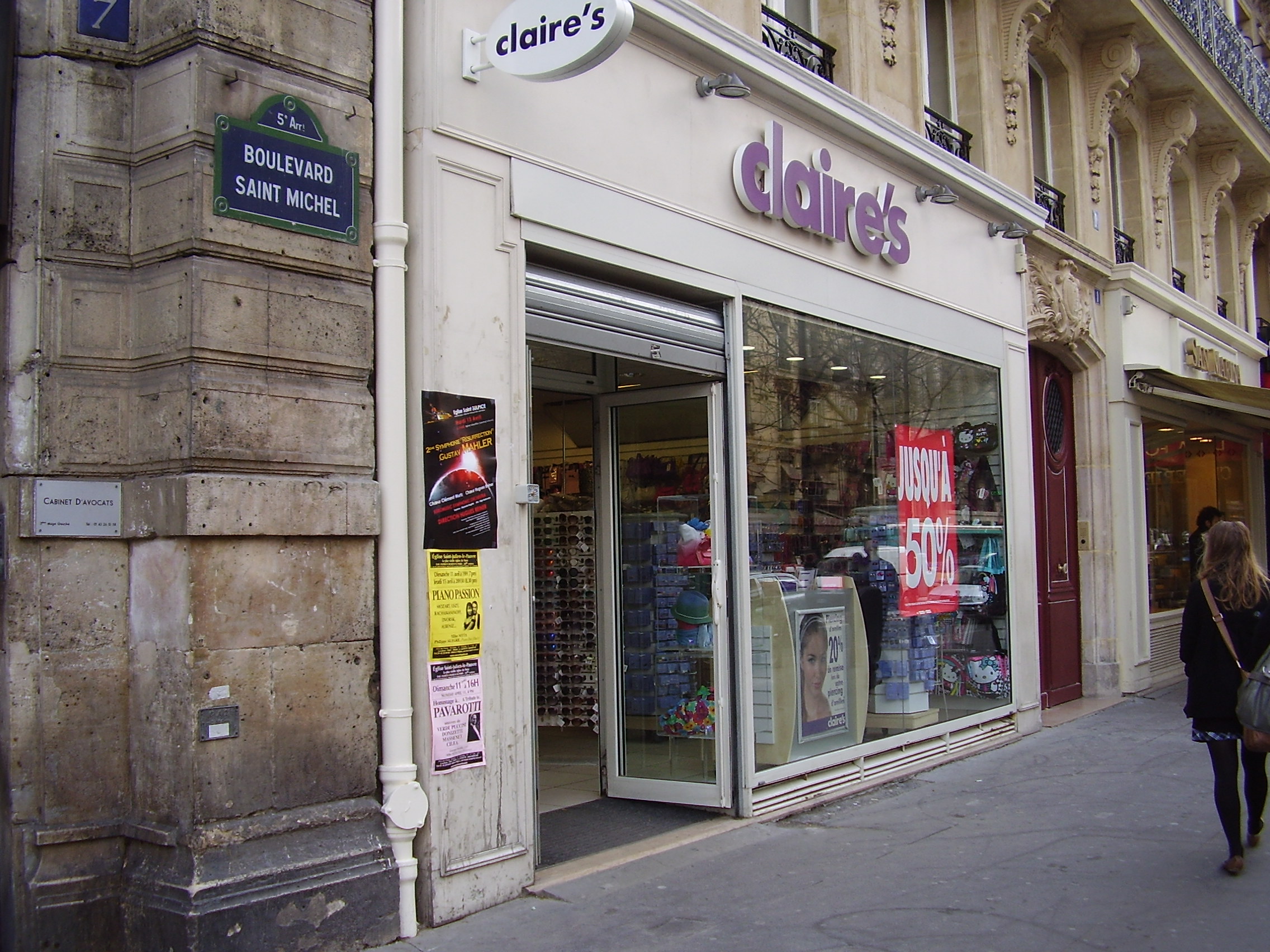 BBC News
BBC NewsBorrowing was £17.4bn last month, the second highest October figure since monthly records began in 1993.

Finito World
For many, Claire’s wasn’t just a shop. It was a ritual.
The first pair of earrings. A best friend’s birthday gift. The Saturday afternoons spent browsing racks of glittery promise — bangles, bows, trinkets of identity and aspiration. In its heyday, Claire’s was a fixture of tween life, as important to the cultural fabric of the high street as WH Smith, Woolworths, or HMV.
Now, it becomes the latest name etched into the obituary of Britain’s high street — or, at least, one foot in the grave.
News that Modella Capital will acquire more than half of Claire’s UK stores is a stay of execution for 1,000 workers and 156 locations. But with 145 outlets excluded from the deal and another 1,000 jobs hanging in the balance, the truth is clear: this is no revival. It’s a rescue mission — and only a partial one.
The story follows a familiar pattern. Claire’s UK arm entered administration in August, a reflection of broader pressures affecting retail: falling footfall, online competition, rising energy costs, and changing youth culture. It mirrors what we’ve seen with Wilko, Debenhams, Paperchase, and even parts of WH Smith, now largely retreating from the high street in favour of transport hubs and travel retail.
For the young people who once worked at Claire’s — often their first job, their first payslip, their first taste of independence — this is another reminder of how sharply the employment landscape is shifting.
Retail has long been one of the most accessible employment pathways for school leavers, part-timers, and students. But now, that pathway is narrowing. According to the Office for National Statistics, over 120,000 retail jobs have vanished since 2018. More than 50 high street brands have either collapsed or shrunk dramatically in that time.
The Centre for Retail Research predicts that by the end of 2025, over 50,000 more jobs will disappear from the UK retail sector. These are not just jobs — they are on-ramps to the labour market, particularly for women, working-class teenagers, and those living outside of London.
The slow erosion of high street giants carries a cultural cost as well. Claire’s wasn’t simply a commercial outfit; it was part of a community’s emotional architecture. As small towns lose anchor stores like Claire’s, they also lose meeting points, safe spaces for teens, first steps into consumer agency.
The recovery plan by Modella Capital — the same firm that recently acquired 480 WH Smith stores — offers some hope. Rebranding efforts, such as TGJones, may keep units open, but the nostalgic magic is harder to replicate. The transactional logic of private equity is rarely aligned with the generational memory these brands carry.
What’s more, this model may not be sustainable in the long-term. As one retail analyst put it, “We’re not looking at revival; we’re looking at asset salvage.” The emotional weight of legacy brands is being monetised — often as real estate, not as retail.
So far, intervention has been minimal. The business rate system remains unfavourable to physical shops, while online competitors continue t undercut high street rents and staffing costs. The government’s flagship Future High Streets Fund has been slow-moving and unevenly distributed, and many local councils remain cash-strapped.
Meanwhile, the decline continues apace. The latest figures show that 1 in 7 retail premises in the UK now sits empty. That number is closer to 1 in 5 in parts of the North and the Midlands.
If the government is serious about regional regeneration, youth employment, and community cohesion, then saving the high street — or reimagining it — must be central to its strategy. That means meaningful reform, not just PR-friendly funds or platitudes about “levelling up”.
Claire’s may survive in some form, but what it represents is already vanishing: a shared cultural experience, a low-barrier entry into work, a spark of independent youth. The retail sector needs imagination and policy support — not just mergers and restructuring.
Modella Capital’s acquisition is a pause button, not a rewind. And for thousands of staff, customers, and communities, the question remains: what will fill the space when the glitter finally fades?